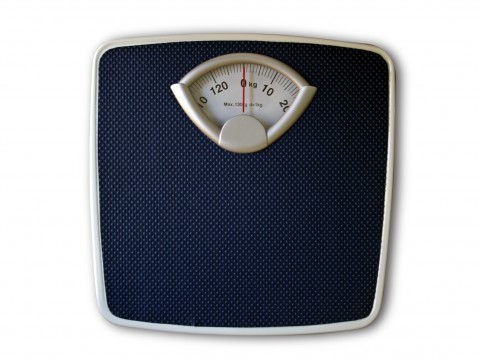Eating Disorders Affect 10 million American Women
Eating disorders, such as anorexia and bulimia, affect an estimated 10 million American women in their reproductive years. According to a 2011 UK study published in BJOG: An International Journal of Obstetrics and Gynecology, women with eating disorders face fertility problems and negativity toward pregnancy. This is not surprising, since the average woman will gain over 25 pounds during her pregnancy. Women with eating disorders often find this weight gain a very scary prospect.

Fertility Problems with an Eating Disorder
Women with eating disorders may have a harder time getting pregnant. Eating disorders can disrupt your regular menstrual cycle. Amenorrhea (the medical term for an absence of regular periods) is common in women with eating disorders. Women with anorexia may suffer dramatic weight loss, and this can lead to hormonal changes that stop regular ovulation.
When you’re trying to conceive with an eating disorder, it may take longer for you to get pregnant, but it’s not impossible. The 2011 UK study mentioned above found that women with a history of eating disorders took six months or longer to conceive, when compared to the general population.
Interestingly, women with anorexia had higher rates of unplanned pregnancies, which just show that eating disorders will not stop you from conceiving under the right circumstances ““ i.e. if you have unprotected sex at the optimal time of the month.
“Pregorexia” ““ Anorexia in Pregnancy
“Pregorexia” is a term commonly used to describe pregnant women with anorexia nervosa. Women with pregorexia are obsessive about keeping the weight off during pregnancy. They may obsessively exercise or engage in extreme dieting to keep their weight gain as minimal as possible. The recommended weight gain of 25 to 35 pounds terrifies them, and they perceive the weight gain as becoming “fat.”
Women with pregorexia may face poor nutrition, dehydration, severe depression during pregnancy, cardiac irregularities, premature births, and complications during labor. Because their babies don’t receive enough nutrition, they don’t grow well in the womb. They’re at risk for poor fetal development premature birth, low birth weight, respiratory problems after birth, and feeding difficulties.
Bulimia During Pregnancy
Pregnant women with bulimia nervosa often have improved symptoms, temporarily. Anorexics typically are less willing to change their habits for the sake of their child, but bulimics can experience a “vacation” from their eating disorder for the sake of their growing child.
If you have bulimia and you continue to purge during pregnancy, you may face dehydration, cardiac irregularities and chemical imbalances. If you’re overweight due to your binge eating, you’re at higher risk of developing high blood pressure during pregnancy, gestational diabetes, and giving birth to an overly large baby. This may increase the risk of labor difficulties.
Seek Medical Help During Your Pregnancy
If you have an eating disorder and you become pregnant, make sure that you inform your obstetrician and healthcare team about your condition. You may require high-risk obstetrical care to ensure that you have the healthiest pregnancy possible. It may also be important that you talk to a nutritionist who has experience working with individuals with eating disorders. Counseling may also be beneficial during your pregnancy.